ST. PAUL, Minn. — For over two decades, the American public has been led to...
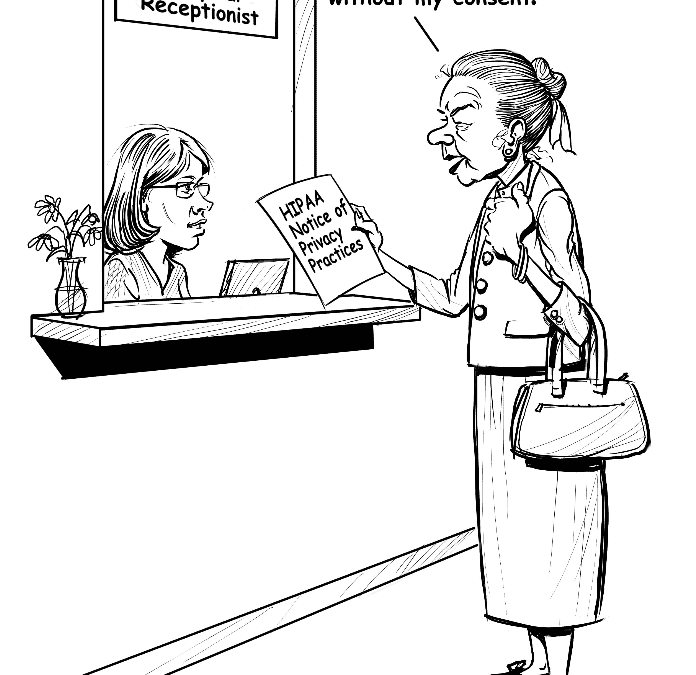

ST. PAUL, Minn. — For over two decades, the American public has been led to...
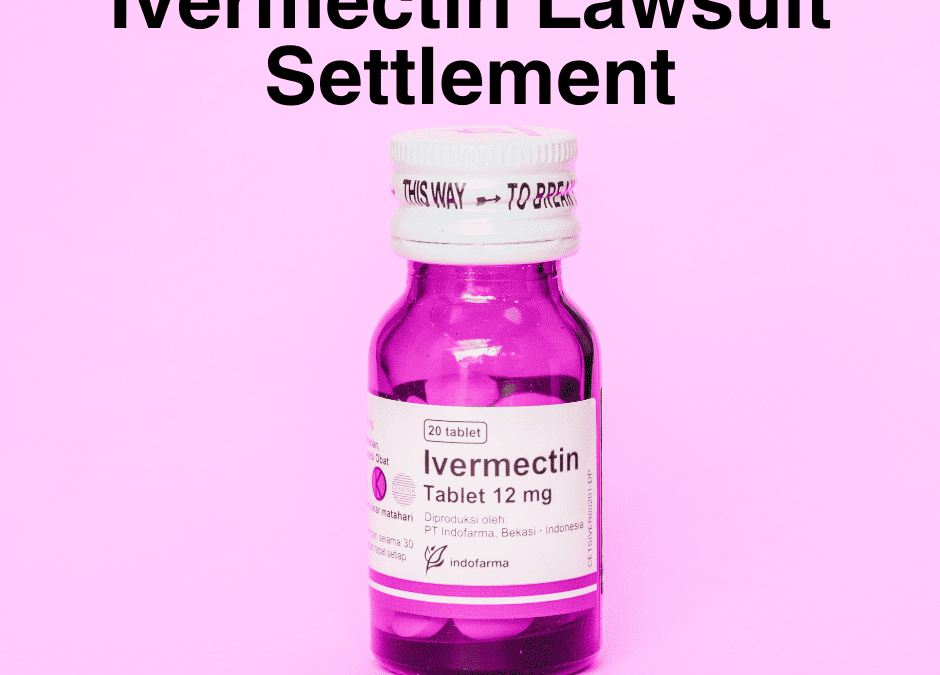
ST. PAUL, Minn. — Citizens’ Council for Health Freedom (CCHF) Co-founder and...

ST. PAUL, Minn. — Citizens’ Council for Health Freedom...

ST. PAUL, Minn. — On February 5th, a federal judge issued an order in the...
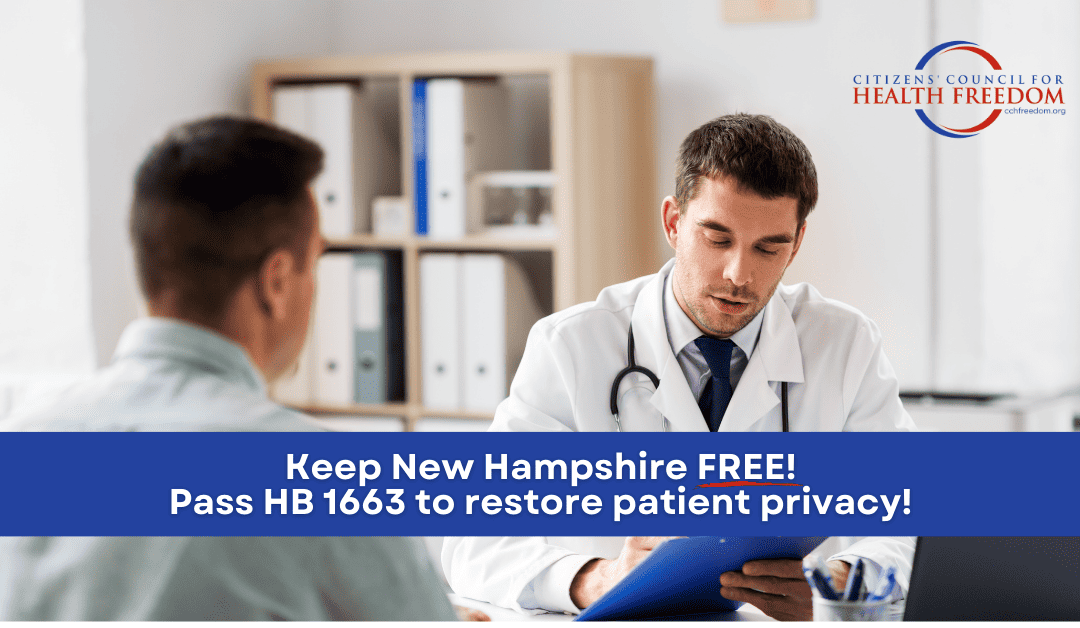
ST. PAUL, Minn. — Citizens’ Council for Health Freedom (CCHF) will be in...
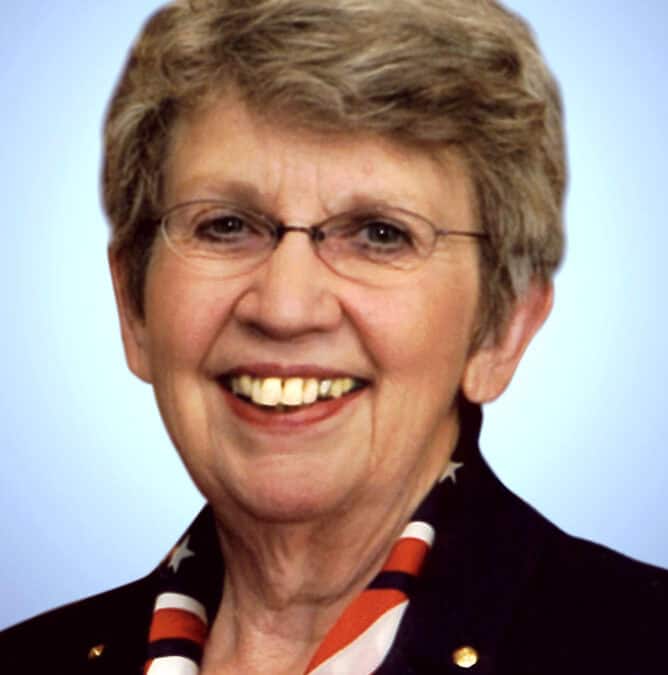
ST. PAUL, Minn. — Citizens’ Council for Health Freedom (CCHF) presented...
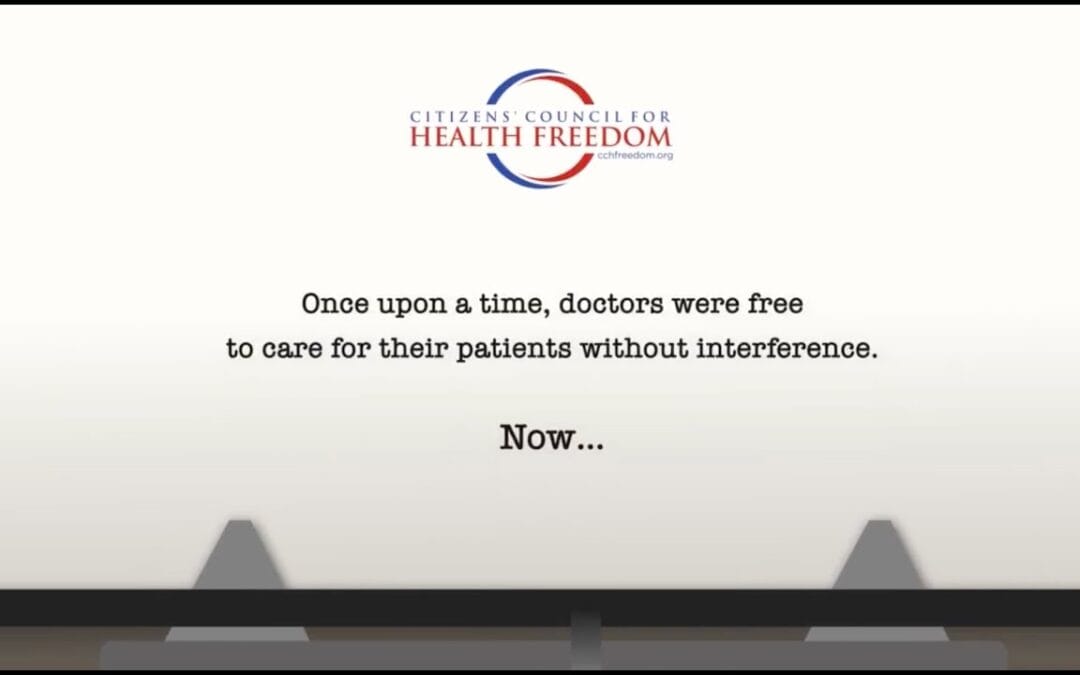
ST. PAUL, Minn. — Citizens' Council for Health Freedom (CCHF) is...

ST. PAUL, Minn. — Citizens' Council for Health Freedom (CCHF) raises concerns...

ST. PAUL, Minn. — Citizens’ Council for Health Freedom (CCHF) is pleased to...

ST. PAUL, Minn. — Citizens’ Council for Health Freedom (CCHF) co-founder...